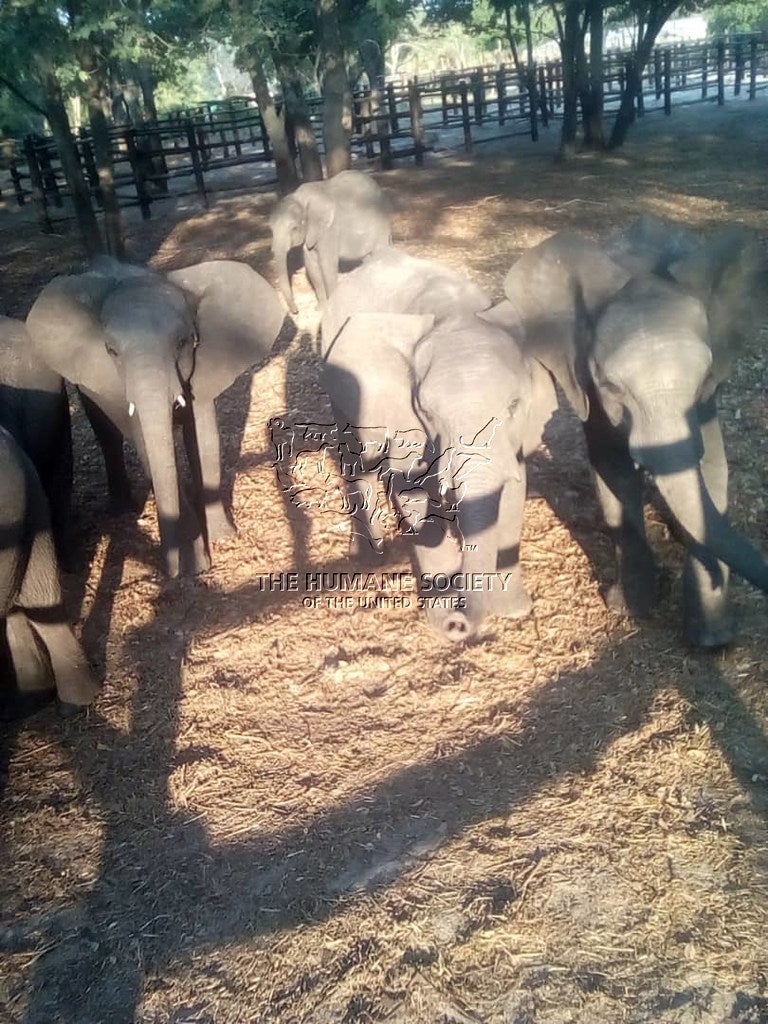How Africa’s exportation of ‘countless’ wild animals fuels the deadly wildlife trade
We are working with conservation charity Space for Giants to protect wildlife at risk from poachers due to the conservation funding crisis caused by Covid-19. Help is desperately needed to support wildlife rangers, local communities and law enforcement personnel to prevent wildlife crime

Your support helps us to tell the story
From reproductive rights to climate change to Big Tech, The Independent is on the ground when the story is developing. Whether it's investigating the financials of Elon Musk's pro-Trump PAC or producing our latest documentary, 'The A Word', which shines a light on the American women fighting for reproductive rights, we know how important it is to parse out the facts from the messaging.
At such a critical moment in US history, we need reporters on the ground. Your donation allows us to keep sending journalists to speak to both sides of the story.
The Independent is trusted by Americans across the entire political spectrum. And unlike many other quality news outlets, we choose not to lock Americans out of our reporting and analysis with paywalls. We believe quality journalism should be available to everyone, paid for by those who can afford it.
Your support makes all the difference.Wild animals are being shipped out of Africa to China under the guise of being transferred to zoos when in reality they are entering the illegal wildlife trade, The Independent can reveal.
The director of conservation group Ban Animal Trading, Smaragda Louw, said 400 giraffes were sent from South Africa to one zoo in China. “Three months later I travelled to the zoo to check and there were only 16 animals,” she said.
“Anyone I tried to speak to in order to find out where the other giraffes were either couldn’t speak English or was too scared to talk to me.”
In Bangladesh, she visited an address that three lion cubs were sent to. It turned out to be a shoe shop in a shopping centre, she said.
“It’s impossible to find out what happens to these animals once they leave Africa,” she explained. “They are countless, and they are either sent to addresses that don’t exist, or they reach a conservation facility before being sold on privately.”
The Independent told last month of the drain of Africa’s chimpanzees leaving the continent destined for zoos and conservation facilities in China.
Global conservation organisations have since demanded closer scrutiny of the wildlife trade. Chimpanzees and other animals exported from Africa can be sold on privately, fuelling the deadly illegal wildlife trade.
The Independent’s Stop the Illegal Wildlife Trade campaign seeks an international effort to clamp down on poaching and the illegal trade of wild animals.
Iris Ho, senior specialist for wildlife programmes and policy for Humane Society International, believes the exploitation of blurred lines between the legal and illegal trade is “widespread”.
Ho said: “Whether it’s under the guise of zoos or educational purposes, the international trade in live animals has been problematic for years.
“Most countries don’t have a comprehensive record of the movement of the animals once they are imported. So if a zoo later sells, exchanges or sends the animals to another zoo or circus, there is no record of the transaction.
“Such a lack of transparency and loopholes are the breeding ground for illegal activities.”
Ho cites one case from last year in which more than 30 baby elephants were sent from Zimbabwe to China, where they were then held in quarantine pending distribution to amusement parks and other facilities.
This was in defiance of the spirit of a landmark vote at a meeting of the Convention on International Trade in Endangered Species of Wild Fauna and Flora (CITES) two months prior which had agreed a near total ban on live elephant exports from Zimbabwe and Botswana to zoos.
Campaigners blame the seemingly lax oversight of governments, and the fact that enforcement of CITES regulations is left to each country to police.
“Trade in endangered species is always tricky,” says Gregg Tully, executive director of the Pan African Sanctuary Alliance. “CITES covers the import and export, but there is not a similar kind of international oversight to ensure the animals go where they’re intended once the trade is complete.”
The practice is not limited to Asian and African countries. Recently it was revealed that the Australian authorities had been rubber stamping exports of exotic birds to a zoo in Germany, when in fact the facility is not open to the public.
Conservation groups believe the grey area between legal and illegal movement of wildlife is also fuelling the trade of animals for circuses.
China banned animal circuses in 2011, yet Ban Animal Trading’s director Louw says the circuses continue. She believes the industry is reliant on the legal import loophole that perpetuates the flow of undocumented animals.
“South Africa plays a big part in this problem,” says Louw. “There is no electronic system for animal export permits, it’s all done by hand, so it is open to corruption.
“The trade of animals is a very secretive business. We can find out exactly how many caravans or tyres were shipped out of South Africa in any month, but not live animals. No one wants to talk about it.”



Join our commenting forum
Join thought-provoking conversations, follow other Independent readers and see their replies
Comments